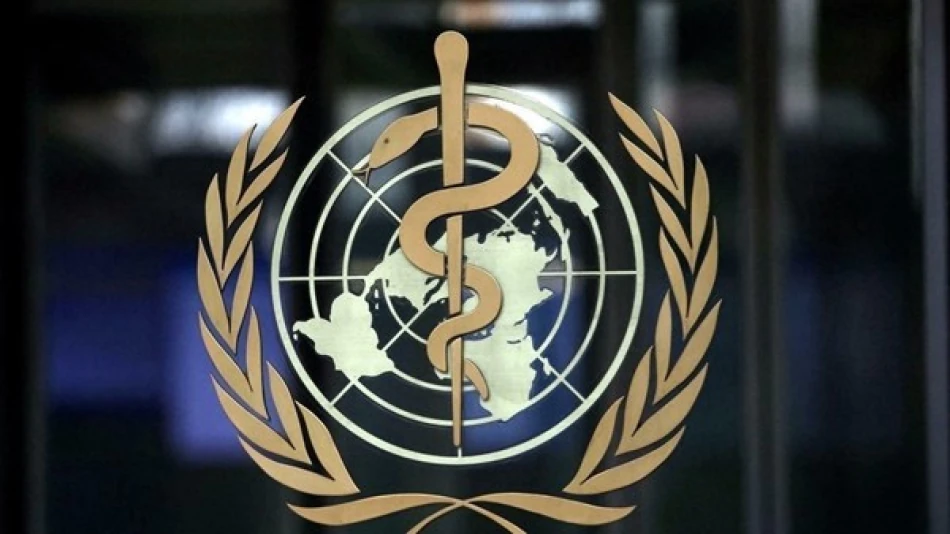
Trump Administration Rejects WHO Pandemic Reforms, Jeopardizing Global Health Response
Trump Administration Rejects WHO Pandemic Reforms, Citing Sovereignty Concerns
The Trump administration has formally rejected international health regulations agreed to last year, marking a dramatic reversal of U.S. global health policy and signaling a broader retreat from multilateral pandemic preparedness efforts. The move underscores growing tensions between national sovereignty and international coordination in health emergencies.
Swift Policy Reversal Following WHO Withdrawal
Secretary of State Marco Rubio and Health Secretary Robert F. Kennedy Jr. announced Friday that the United States would withdraw from amendments to the International Health Regulations that were negotiated during last year's World Health Assembly in Geneva. The decision comes just weeks after Trump initiated the U.S. withdrawal from the WHO itself on January 20.
The State Department had initially indicated that the 2024 amendments would remain binding on the United States despite the WHO withdrawal. However, the new administration's rejection effectively nullifies American participation in the updated global health framework.
Sovereignty vs. Global Health Coordination
The rejected amendments included provisions for international solidarity and equity in pandemic response, establishing new mechanisms to study developing nations' needs during health emergencies. Rubio and Kennedy characterized these measures as "unwarranted interference in our national sovereign right to set health policy."
This stance reflects a fundamental shift from the Biden administration's approach. Former Secretary of State Anthony Blinken had welcomed the amendments as progress and actively promoted global health cooperation, including hosting multilateral meetings with countries like India.
Context of Failed Pandemic Treaty Negotiations
The amendments emerged after the World Health Assembly failed to achieve its more ambitious goal of creating a comprehensive global pandemic treaty. Those broader negotiations, which stretched over two years, collapsed amid disagreements over intellectual property rights, pathogen sharing, and national sovereignty concerns.
The Biden administration had participated in treaty negotiations but ultimately could not reach consensus, particularly regarding protection of American intellectual property rights in vaccine development. This impasse foreshadowed the current administration's more aggressive rejection of international health coordination.
Political Influence and Institutional Credibility
Beyond sovereignty concerns, Rubio and Kennedy cited the WHO's susceptibility to political influence during pandemic outbreaks as justification for their rejection. This criticism echoes longstanding Republican concerns about the organization's handling of COVID-19's early stages and its relationship with China.
The administration's statement emphasized that it would "put Americans first in all our actions and will not tolerate international policies that violate Americans' freedom of expression, privacy, or personal liberties."
Implications for Global Health Architecture
The U.S. withdrawal from both the WHO and its updated regulations creates significant gaps in global pandemic preparedness. As the world's largest economy and a major contributor to international health funding, American participation has been crucial for effective multilateral responses to health emergencies.
This retreat may encourage other nations to prioritize bilateral health agreements over multilateral frameworks, potentially fragmenting the global response system that emerged from lessons learned during COVID-19. The move also signals that the Trump administration views pandemic preparedness primarily through a national security lens rather than as a global public good requiring coordinated international action.
Most Viewed News

 Layla Al Mansoori
Layla Al Mansoori






